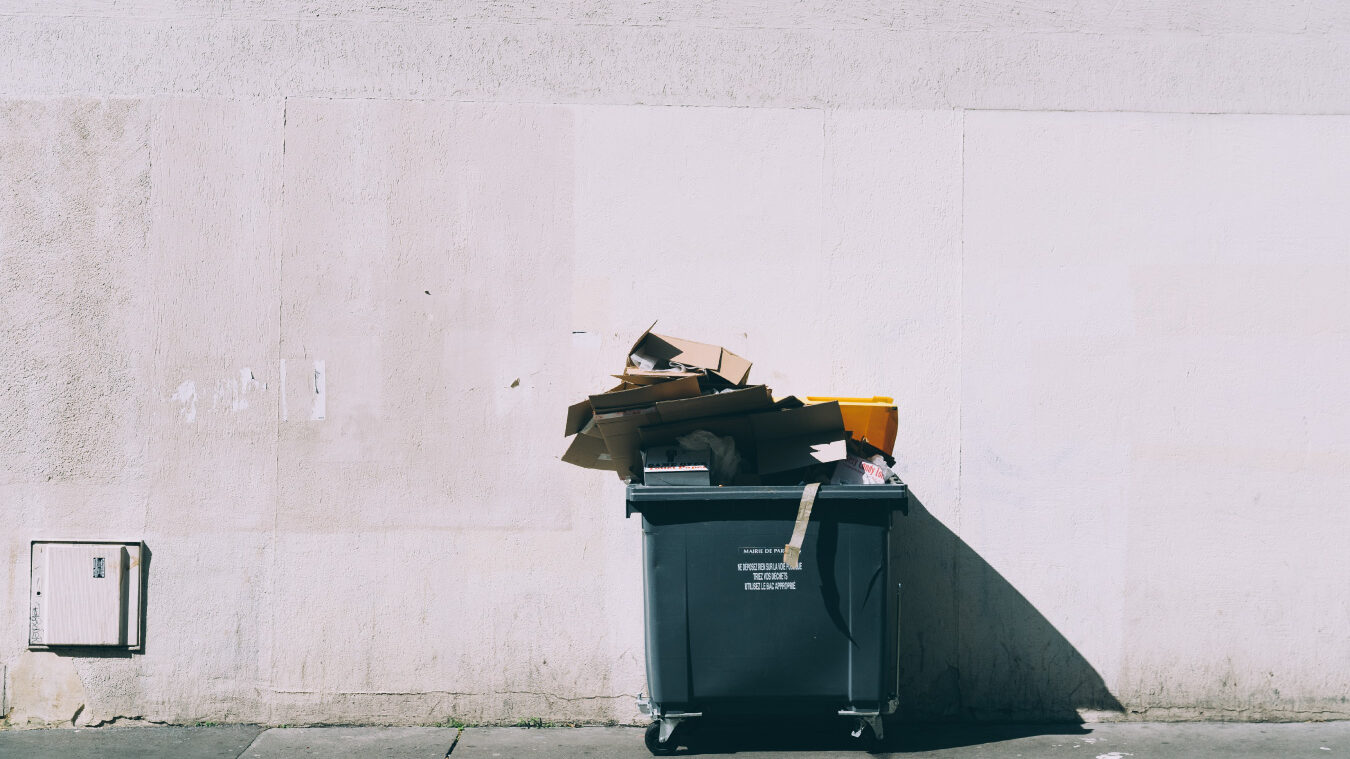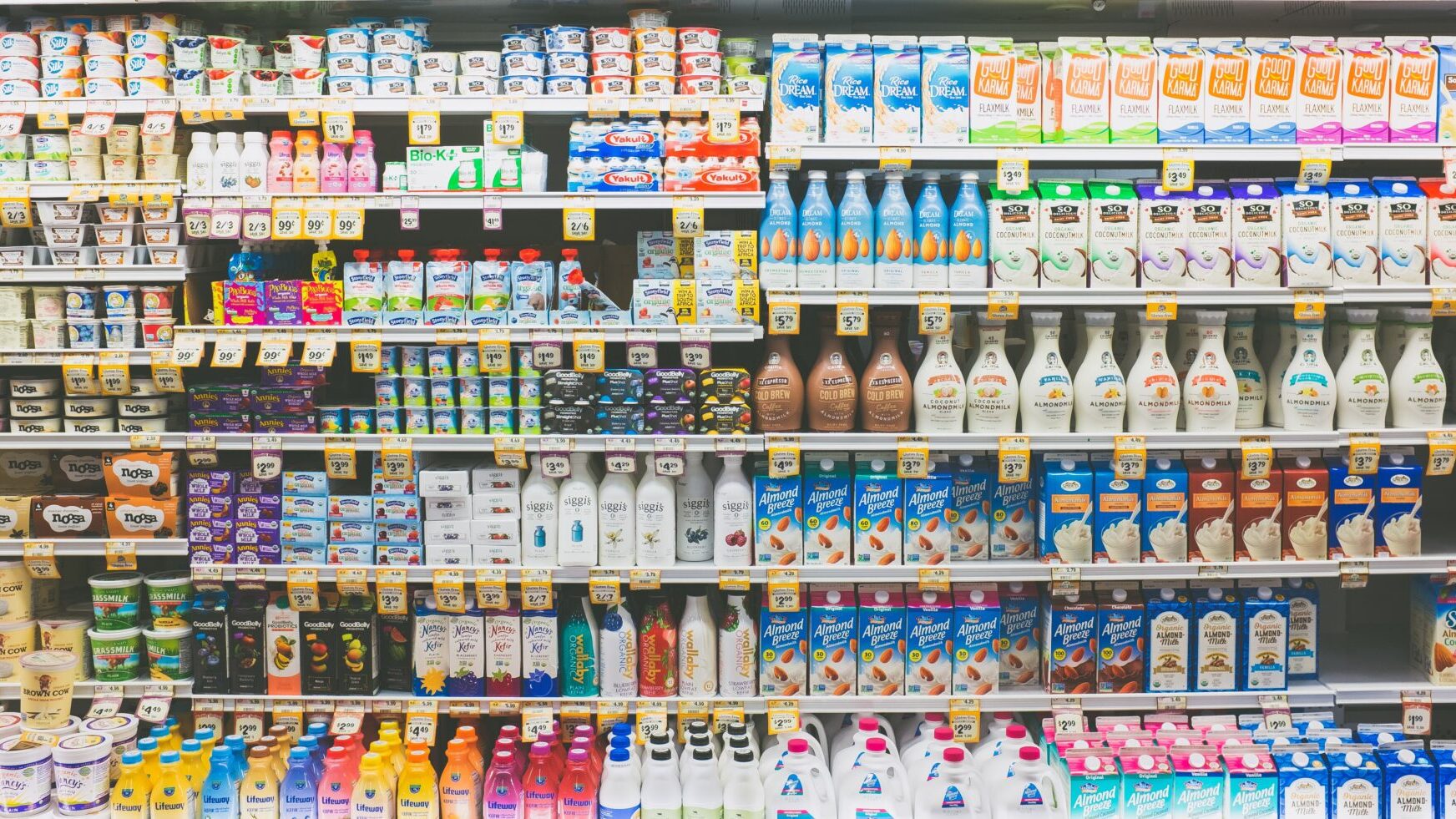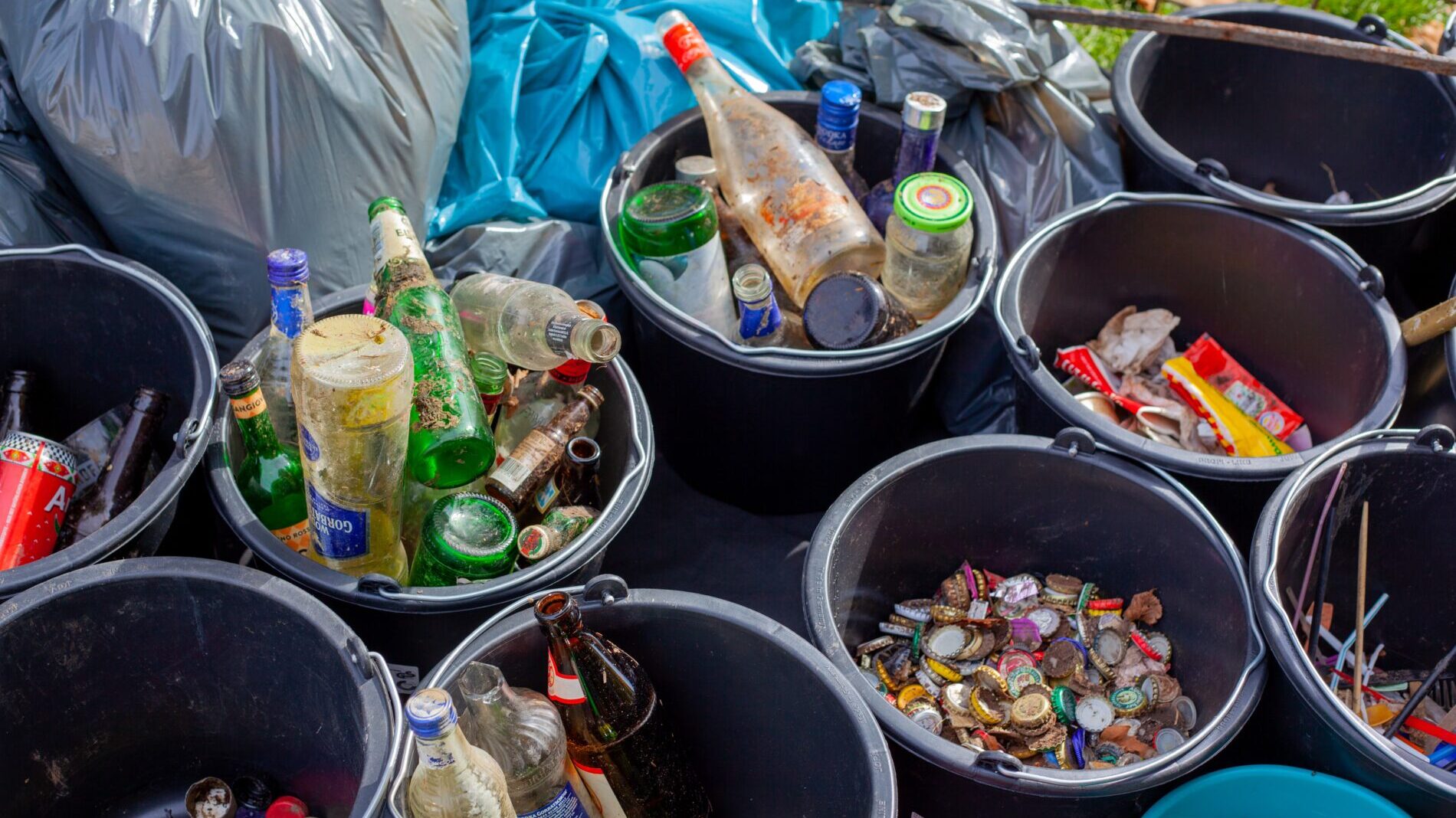
Modern consumerism is affecting our planet. With Black Friday and holiday shopping just around the corner, you might be thinking about how much you’re buying. Our consumer culture is increasingly moving towards fast fashion and disposable items. Ever-changing trends mean we are consuming more products every year. As a result, we are now throwing more away to landfill, harming our planet and our ecosystems.
There are more ‘consumers’ in the world than ever before, thanks to globalisation. There are over 4 billion people who qualify as ‘consumers’, with a disposable income of at least $10 per day. Just think of how much you buy every year and multiple it by 4 billion. That’s a lot of products.
Every year:
- We buy 80 billion new items of clothing – 400% more than we did twenty years ago
- Brits buy enough clothes to fill a large suitcase, weighing over 26kg
- Americans spend more money eating out than cooking at home
- We use 160000 plastic bags every second!
- 2.5 billion people shop, with 75% shopping online at least once a month
- 20% of us shop online every week, adding to our carbon footprints
- One-third of our income goes on consumer goods
- We spend on average £4,500 on our appearance, with women spending an average £870 on makeup every year
Every year modern consumerism leads to:
- The average American sends 82 pounds of textile waste to landfill
- One-third of food in the UK going to waste, this amounts to 1.3 billion tons globally
- $15,950 in credit card debt for the average adult
- Overconsumption of 70%, leading to deforestation by the end of the century
- More than 60% of greenhouse gas emissions across the world
- As much as 80% of land, material and water use
- 12 million tons of plastic entering our oceans
- Increased inequality as the wealthiest 20% consume 86% of the world’s resources
- Growth of the textile industry, which notoriously exploits low-paid workers in developing countries
Shocking, right?
Society makes us feel as though we have shopping every day. We think that we have to buy things to feel secure. More often than not, it’s just money down the drain. Becoming a more environmentally conscious shopper will help both our planet and your pocket.
Now you know how much damage consumerism causes our planet. Hopefully, you can become more conscious about what you’re buying. One simple tip is to decide if a product is a ‘need’ or a ‘want’. Baby steps will help you become a more sustainable shopper. You don’t have to go cold turkey right away, but starting small will keep you committed to sustainable consumerism.
![]()






